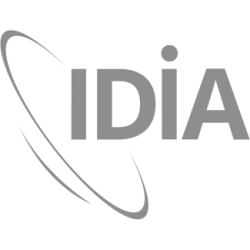Late June 2018 in Pretoria saw the gathering of a group of thought leaders in two highly specialized and important fields in science; Astronomy and Computational Intelligence. These two seemingly separate fields cross paths frequently, as astronomers need statistical and computational expertise to maximise the knowledge they gain from their observations, and computational intelligence researchers come up with new ways of applying advanced mathematics like artificial intelligence (AI) to scientific problems and measuring how reliable those applications are.
The Inter-University Institute for Data Intensive Astronomy (IDIA), of which the University of Pretoria is a partner, along with the University of the Western Cape and the University of Cape Town, was the organiser of this first “AI for data-driven astronomy” workshop.
In these days of big data in science, collaboration between astronomers and computational intelligence researchers is more promising than ever, in particular in the area of artificial intelligence. Indeed, AI currently encompasses the most effective computational technologies to analyse very large amounts of data.
An example of this is the use of AI techniques to detect astrophysical objects as early as possible in the data analysis pipeline that follows observations by radio telescopes like the MeerKAT. These not only need to be detected, but the confidence with which the detection can be trusted needs to be understood. Prof. Roger Deane, an astronomer from the University of Pretoria says “This an ambitious project that may well be within reach by teaming up with Prof. Andries Engelbrecht and the AI experts here at the University of Pretoria”.
Meetings like this one allow the cross-pollination of research problems and expertise, often leading to new ideas and projects. Dr. Mattia Vaccari from the University of the Western Cape commented that “this workshop was very important to get to know each other, bridge some of the scientific jargon between the two communities, and pave the way toward fruitful collaborations.”
IDIA will support the partner universities in pursuing the most important of the research projects emerging from this collaboration.
More information about the workshop can be found on the workshop website
